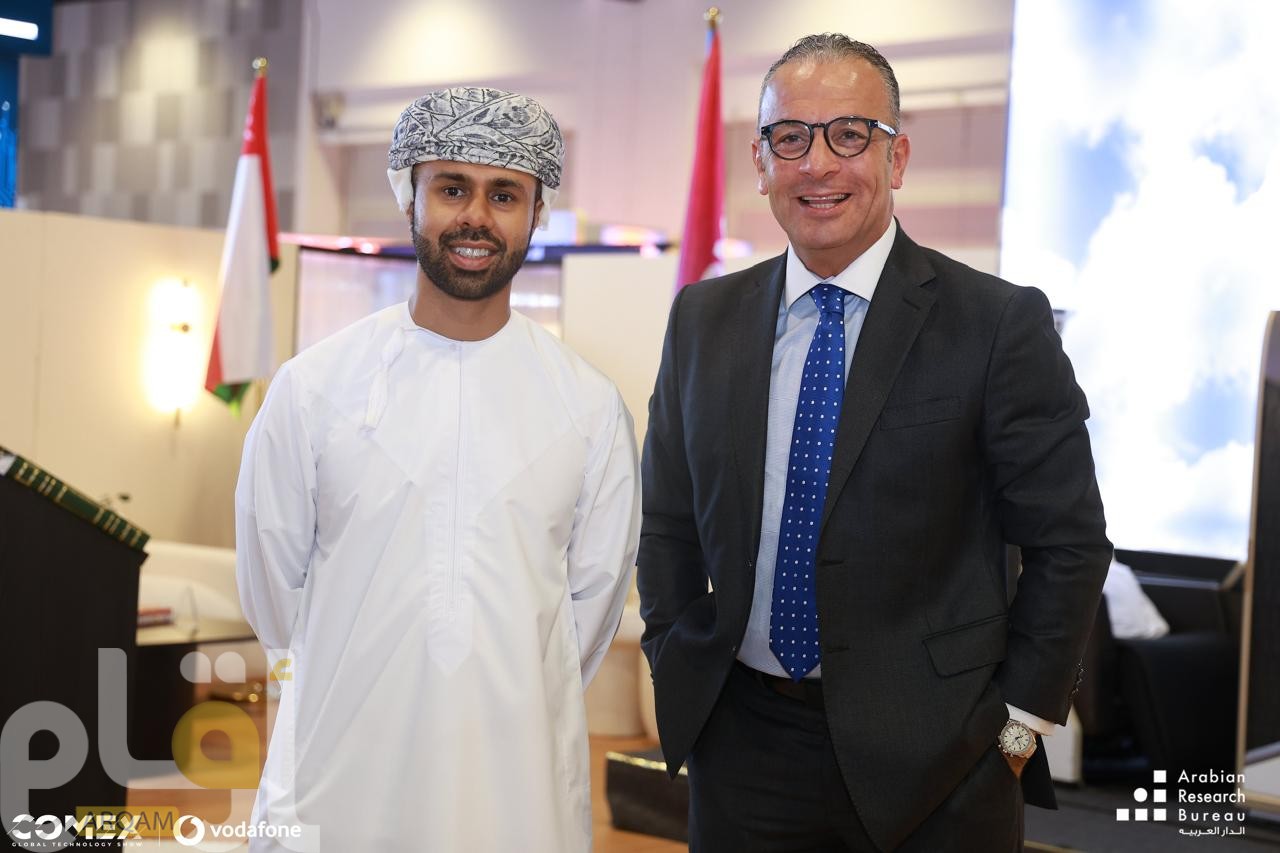On the occasion of Valentine’s Day, Kaspersky privacy experts are shedding light on the fine line between care and control in digital relationships. Kaspersky’s research shows that nearly a half of respondents (47%) express concerns about their partners violating their digital privacy. By helping individuals recognize these red flags, set healthy online boundaries, and foster trust without invasion, we empower couples to build relationships rooted in respect, security, and true digital freedom.
In modern relationships, the line between care and control in digital spaces can be subtle. Stalking, particularly online stalking, is often misunderstood as an expression of intense interest or concern. However, this misconception overlooks the fact that digital behaviors — like monitoring messages, tracking locations, or accessing accounts — can become controlling and even harmful. According to Kaspersky’s findings, 23% of people have encountered online stalking from someone they were recently dating, highlighting how easily digital tools can blur the line between care and control. While technology offers new ways to build trust, it also raises important questions about privacy and personal space in relationships.
- Sharing passwords vs. Demanding access
In a trusting relationship, digital privacy is valued, and any decision to share passwords should be entirely voluntary. Some couples may choose to share logins for practical reasons — such as streaming services, shared schedules, or emergency contacts — but it should never be a requirement or a test of loyalty. While 51% of respondents trust their partners enough to grant full access to their phones, 18% choose not to share access at all. A controlling partner, however, may weaponize passwords as a means of control, using manipulation and coercion to gain access (“If you have nothing to hide, why not give me your password?”), or even log into your accounts without permission. True care means respecting digital boundaries, not invading them.
- Location sharing vs. Secret tracking
Sharing locations in a relationship can be a mutual decision based on convenience or safety — such as making sure a partner gets home safely or coordinating meet-ups. In a healthy relationship, this is always optional and consensual. However, when location tracking becomes mandatory, obsessive, or secretive, it crosses into stalking and control. A red flag is when a partner obsessively monitors location updates, questioning any deviation (“Why did you stop there?” “You said you were going to work, why are you at this place?”). According to Kaspersky’s report, 10% of respondents reported having their location tracked without consent, and 7% experienced stalkerware surreptitiously installed on their devices. One of the most alarming behaviors is using AirTags, GPS apps, stalkerware or other tools to monitor without permission, is a clear violation of privacy.
- Supporting vs. Gaslighting through digital means
In a healthy relationship, digital communication fosters connection and support. When this dynamic is genuine, it builds trust and strengthens the bond between partners. Gaslighting through digital means, however, is a subtle yet insidious form of psychological manipulation. It’s when one partner uses technology to distort reality, making the other question their own experiences and perceptions. The Kaspersky report highlights that 39% of respondents reported experiencing violence or abuse from a current or previous partner, including through digital means. A manipulative partner might delete messages to cover their tracks, edit screenshots to twist narratives, or deny sending certain texts even when there’s proof. When confronted, they may say, “I never said that. Check our chat — you’re imagining things.” This creates confusion and self-doubt, eroding the victim’s confidence in their own memory and judgment.
- Encouraging security vs. Exploiting security
A healthy partner supports your digital security and independence. They may remind you to update passwords, enable two-factor authentication, or use encrypted messaging for protection. Their concern is about keeping you safe — not controlling you. A controlling one might exploit your trust by hacking into your accounts, guessing your passwords, or installing stalkerware to monitor your activity. These programs allow them to see messages, track calls, or even remotely activate cameras and microphones without the victim’s knowledge. They might say, “I need your passwords in case something happens to you,” or “Let me install this app so I can always find you in an emergency.” In reality, they use these tools to track and monitor behavior, not to protect. 12% of respondents admitted to installing or setting parameters on their partner’s phone, and 10% felt pressured into installing a monitoring app, showing how easily digital tools can be weaponized in controlling relationships.
“This Valentine’s Day, we want to encourage couples to set healthy digital boundaries, ensuring that technology strengthens relationships rather than becoming a tool for manipulation,” says Anna Larkina, privacy expert at Kaspersky. “A loving partner will always respect your privacy without demanding passwords; encourage security without exploiting it; and support your online presence without controlling it. If love requires surrendering digital freedom, it’s not love – it’s stalking.”
Kaspersky has consistently led efforts to address digital violence and technology-facilitated abuse. In 2019, the company introduced spyware protection in its Android app, becoming the first to offer users a robust defense against stalkerware. That same year, Kaspersky co-founded the Coalition Against Stalkerware, uniting private IT companies, NGOs, research institutions, and law enforcement agencies to combat intrusive software and raise awareness about digital abuse. What began with 10 stakeholders has now grown into a network of over 40 organizations, all working collaboratively to combat cyberstalking and support victims for five years on.
In 2024, Kaspersky launched an Anti-stalking Awareness Guide — a new initiative engaging psychologists and victims of stalking. Combining expertise from multiple disciplines, this guide doesn’t just help users identify signs of stalking and take protective measures, but also amplifies the voices of survivors, inspiring others to reclaim their sense of safety and control.
Building on its commitment to combating both online and offline stalking, Kaspersky recently introduced the Who’s Spying on Me feature in its Android apps. This innovation not only detects stalkerware but also identifies suspicious Bluetooth devices that could be used for offline tracking. By expanding its protective capabilities, Kaspersky continues to empower individuals to take control of their safety and privacy. Find more information on the official site.















